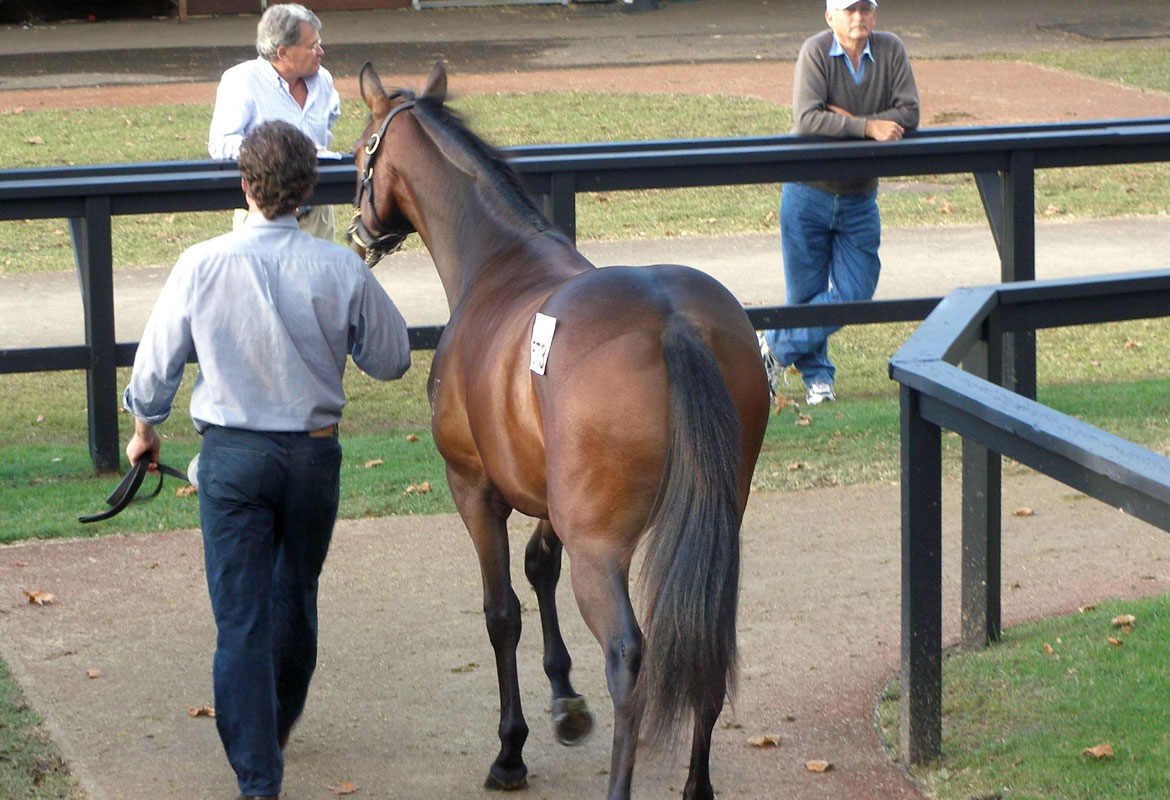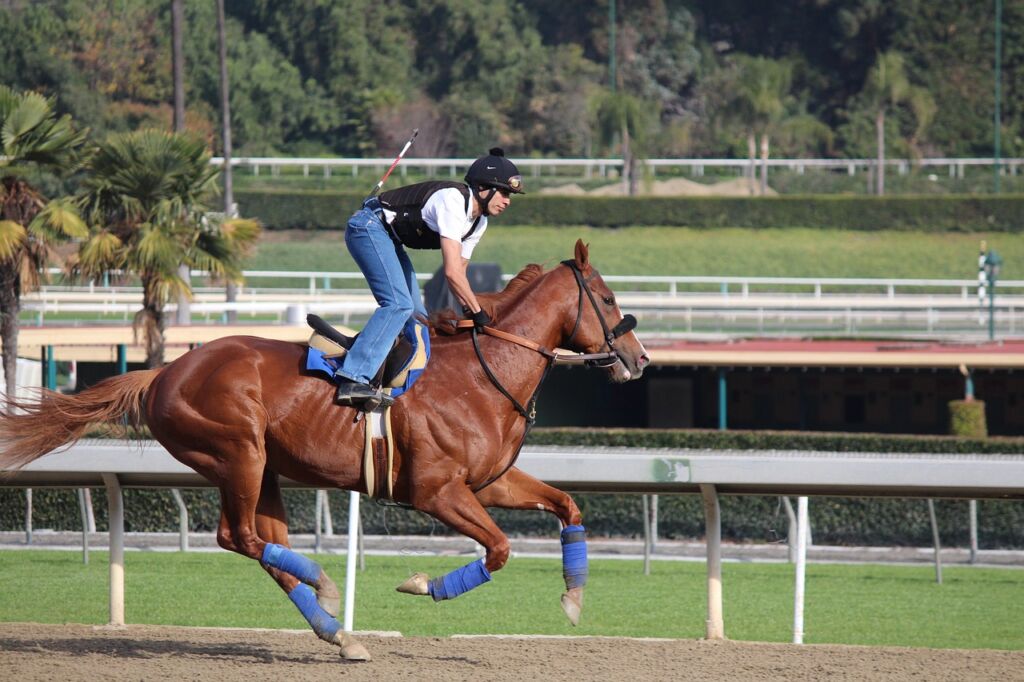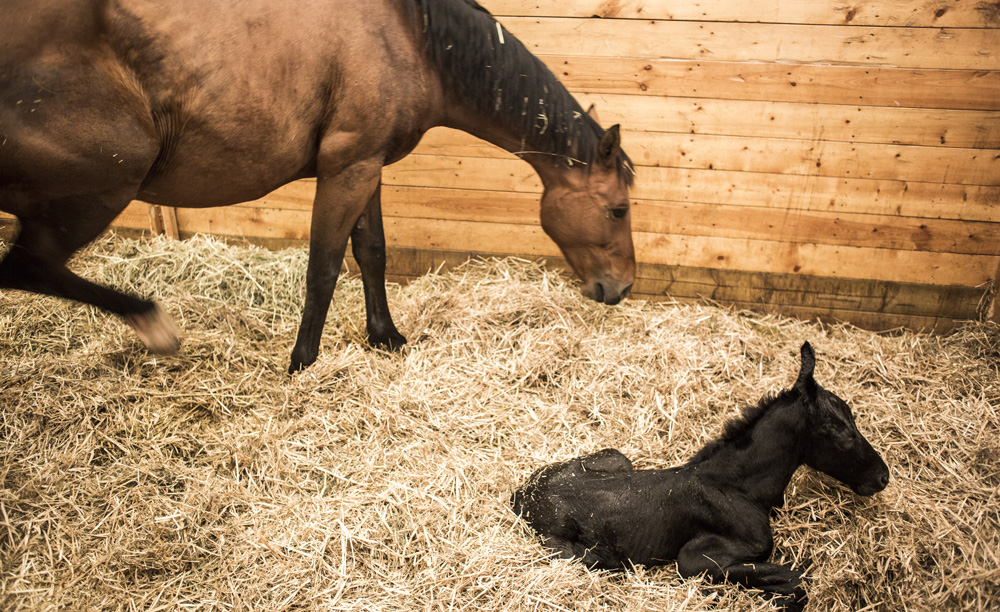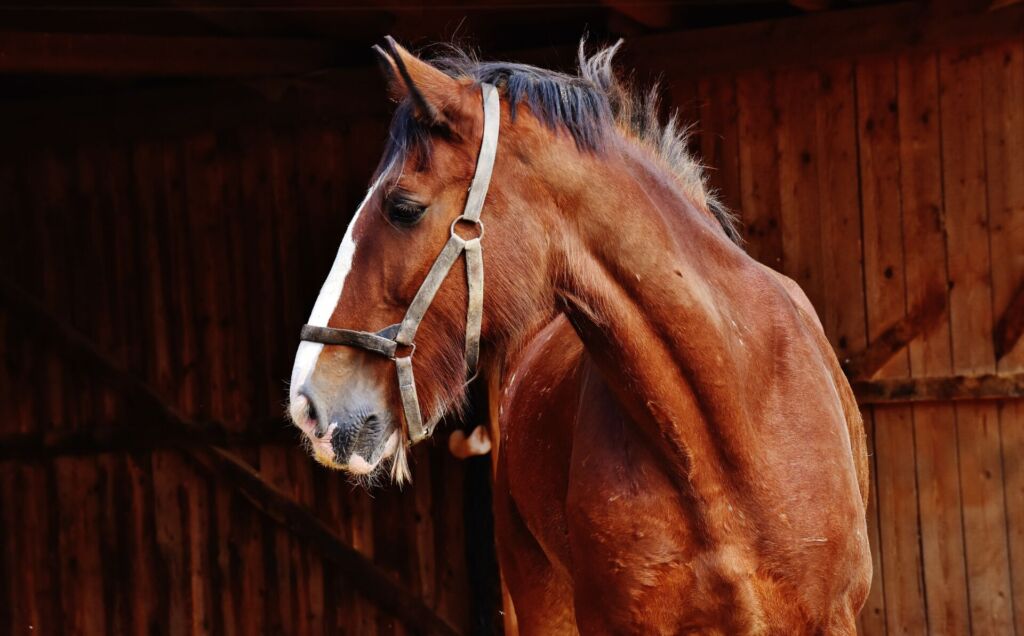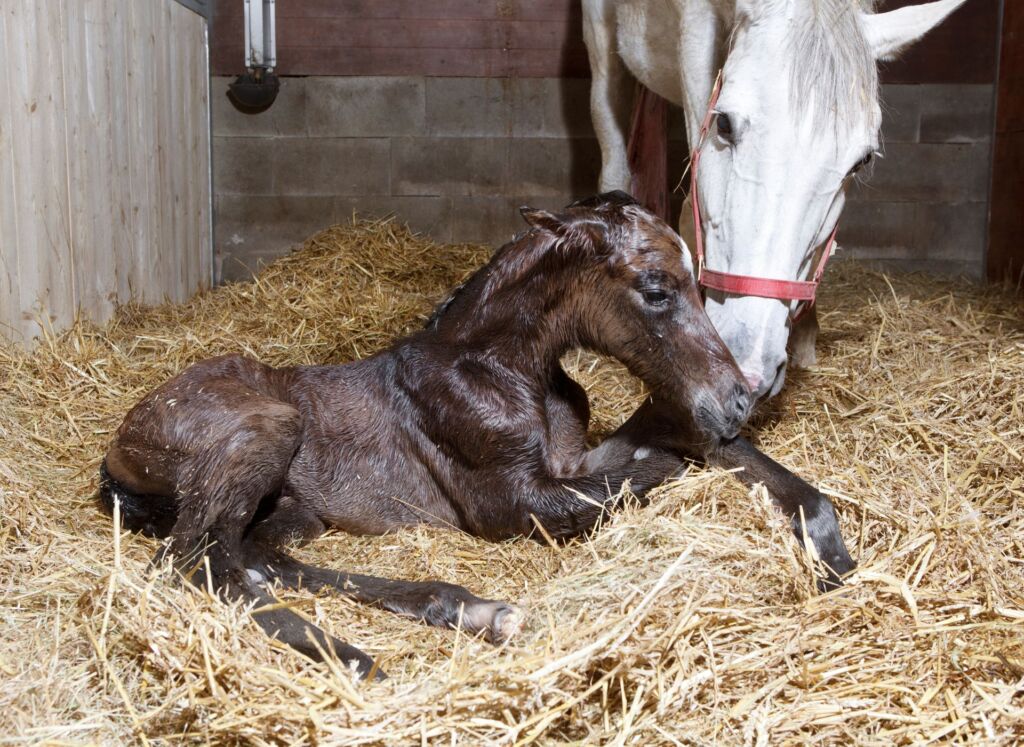If you are reading this, it means that you intend to enter the world of horse racing and breed racehorses, sell them and/or buy them. The road ahead of you is long and sometimes financially costly, but it will certainly be rewarding. Participation in horse auctions is certainly one of the activities that can help you achieve your goals.
It is now possible to participate in both live events and, thanks to the latest technology, in online auctions. Let’s take a look at how they work and what the characteristics of both types of horse auctions are.
Categories
Before bringing a specimen or buying a horse to auction, it is of fundamental importance to know which category to focus on. There are many categories, just like the types of equestrian competitions. For example, there is the dressage category, the stallion category, the foal category and others.
Obviously, if you breed horses, you will be well aware of the category in which you are placing your horses. If you want to buy one, you should first evaluate the categories and your personal objectives. The correct choice of category at horse auctions will always guarantee maximum profit and great satisfaction.
The age of specimens
At auctions, whether online or live, there are specimens of all ages. The age of the horse always makes a difference in setting a good price. The basic auction price already varies greatly between horses that are less and more than three years old. Stallions can cost more and, in any case, prices will rise considerably as more and more bids are made. In this regard, studying previous auctions of similar horses can help to define a suitable auction base.
The conduct of the auction
During an auction, each horse for sale is presented to the participants. The presentation usually includes a summary of the horse’s family tree, which can increase its economic value and/or potential. The auctioneer opens the auction with a base price, which the first person to bid must match.
If there are several bidders, a bidding war begins, ending when no one bids at a certain price. This is when the auctioneer closes the auction and the horse passes to the new owner, who of course must pay the price plus a percentage to the auctioneer.
Horse auctions: some conclusions and tips
Entering the world of horse auctions is not difficult. However, you should be familiar with the rules and study the market carefully. You should also carefully evaluate the specimen that you want to sell or buy. As far as sales are concerned, you must do your utmost to breed horses that are healthy and magnificent in many respects.
In this area, we can help you in a small (but great) way with our Foaling Alarm. Thanks to our device, you can be alerted when your mare gives birth and support your foal from birth. This is the first step towards breeding animals that will make a good profit at horse auctions!




